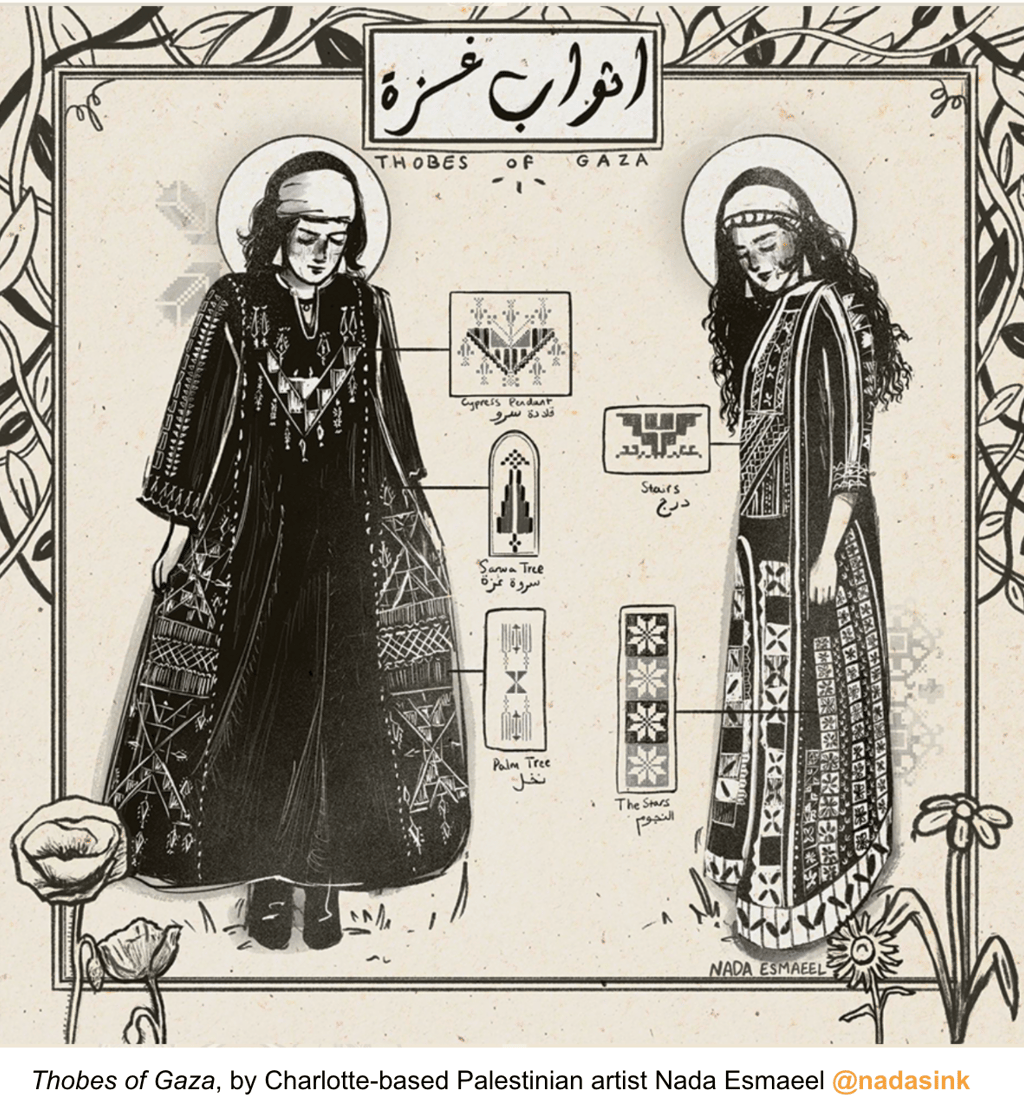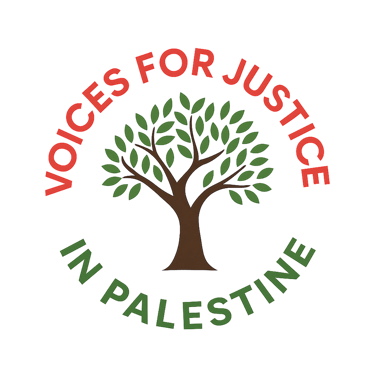Reckless Iran Strikes, Mamdani, and Khalil
The U.S. bombing of Iran exposes the deep entanglement of Israeli intelligence and Christian nationalism in shaping American power. Amid rising war fever, voices like Zohran Mamdani and Mahmoud Khalil point toward a politics of resistance and renewal.
Rev. J. Mark Davidson
6/26/20254 min read


This past weekend, the United States bombed the sovereign nation of Iran. This was an unprovoked attack and a brazen violation of international law. American military power was used in an aggressive act of war without authorization from Congress. Polls have indicated that 60% of Americans are opposed to another American military intervention in the Middle East. The will of the American people was simply ignored. Since March 2025, the consensus of the American intelligence community was that Iran had not made the decision to develop nuclear weapons. The earlier fatwa of Iran’s Supreme Leader prohibiting the use of nuclear weapons - because it would violate spiritual principles in Islam - remained in effect. Estimates of U.S. intelligence were that if Iran reversed course and rushed toward the development of nuclear weapons, it was likely 1-2 years away. So, there was no immediate threat, and the American people did not want to see another forever war in the Middle East. Then in the middle of diplomatic negotiations between Iran and the U.S., Israel bombed Tehran for several days, blowing up the negotiations. Next we heard that Trump rejected the findings of the American intelligence community, and was following “other intelligence” that said Iran was “very close” to developing a nuclear weapon. What was this “other intelligence”? Investigative journalist Max Blumenthal reported this week that a Trump official told him that “Israel’s Mossad used CIA Director John Ratcliffe and US Centcom’s General Michael Kurilla to influence Trump with cooked intelligence on Iran’s nuclear program (Grayzone, June 21, 2025).” Apparently, Ratcliffe and Kurilla repeated the overblown briefings they received from Mossad director David Barnea, but without notifying the president that the intelligence was from a foreign third party. These briefings included false information and raised alarms, such as Iran being able to transfer a nuclear weapon to Yemen’s Houthi militia “in less than a week.” CIA Director John Ratcliffe has been carefully groomed by Israel since he first entered Congress. General Kurilla has been described by Israeli sources as “a vital asset to Israel,” and “Israel’s favorite general.” Voices within the administration arguing for keeping the diplomatic track open were sidelined. There is a very strong suggestion from this reporting that Israel has been driving American policy on Iran. It is well known that Netanyahu has been beating the drum for war with Iran for decades. He was jubilant at Trump’s decision to attack Iran. As Chris Hedges put it, when you release the dogs of war, you open Pandora’s Box and no one can predict the consequences.
In addition to apparent Israeli manipulation of American foreign policy, Christian nationalism is also playing a role. In his brief statement to the nation about the bombing of Iran’s nuclear sites, Trump directly addressed the Divine with these words, “And in particular, God, I want to just say, we love you God, and we love our great military…” The message couldn’t be clearer – in the Trump administration, there is nothing contradictory in proudly celebrating the use of fearful military power and adoring the Divine. In Trumpworld, they are two sides of the same coin. Music to the ears of his Christian nationalist political base.
Meanwhile, Pope Leo laid bare the deeper truths in this situation: “In this dramatic scenario, which includes Israel and Palestine, the daily suffering of the population – especially in Gaza and other territories – risks being forgotten, even as the need for humanitarian aid becomes even more urgent…War does not solve problems; rather, it amplifies them and creates deep wounds in the history of peoples, which take generations to heal. No armed victory can compensate for the pain of mothers, the fear of children, the stolen futures. Diplomacy must silence the weapons. May nations chart their way forward with works of peace, not with violence and bloodstained conflicts.”
Zohran Mamdani, the 33-yr-old South Asian Muslim candidate for Mayor of New York City, won the Democratic primary. Mamdani is a Democratic Socialist who espouses a progressive agenda for improving the liveability and affordability of New Yorkers. His ideas for free buses, subsidized childcare, and tax raises for the wealthiest New Yorkers, city-owned grocery stores, and rent freezes resonated with a majority of voters. Mamdani is also an outspoken advocate for Palestinian rights, and did not shy away from criticizing Israel’s brutal mass murder and starvation campaign in Gaza. Mamdani’s primary win represents several things we are not accustomed to seeing in American politics – a Muslim connecting at a deep level with the Jewish community, especially younger Jewish voters who agree with his criticisms of Israel, while fending off spurious charges of antisemitism. He also spurned large corporate donors such as billionaire Michael Bloomberg and Alex Karp, CEO of Palintir, who spent considerable sums to defeat Mamdani.
Another very hopeful development came this past week with the freeing of Columbia human rights defender and Palestine solidarity activist Mahmoud Khalil after being kidnapped from his home and detained in an ICE facility in Louisiana for 104 days. His fight against deportation is not over yet. But Khalil has given several interviews, and his voice is profound and inspiring. Three things struck me about him: first, he stated that even though he was detained by the U.S. government, it did not mean he was not free. The government punished him for his pro-Palestinian speech, deprived him of his liberty, yet he defiantly asserted his freedom. He was imprisoned, yet his spirit remained free. It reminded me of the famous line from Palestinian poet Mahmoud Darwish: “Though I am handcuffed, there are a million nightingales perched on the branches of my heart, singing songs of liberation.” Second, Khalil befriended his fellow inmates, listened to their immigrant stories, helped them with their cases, and spoke up for them in his communications with the judge in his own case. He had plenty of room in his heart for others, and advocated selflessly for them. And third, Khalil made perfectly clear that his imprisonment has not deterred him in any way from continuing his work. In fact, it has only fortified his resolve to keep speaking up for Palestine. He has redoubled his efforts and inspired others in the movement for Palestine and collective liberation. Authoritarian governments have fearsome powers, but a spirit like Khalil’s, unbroken and unbowed, possesses a power tyrants fear.
